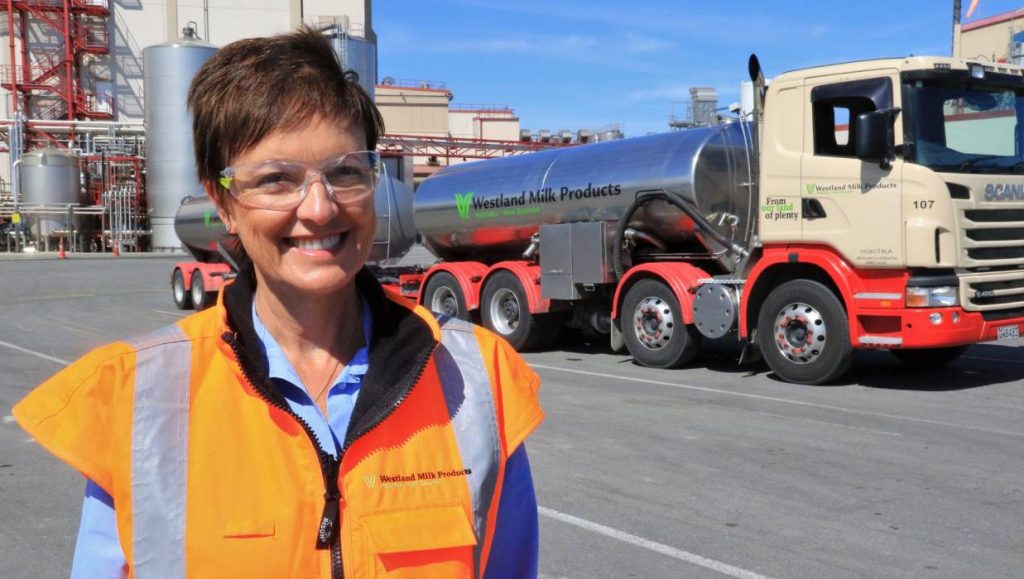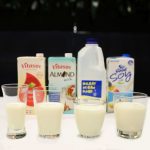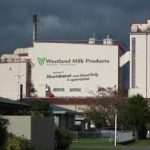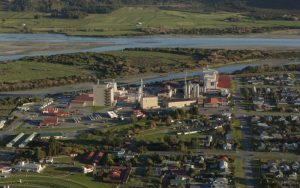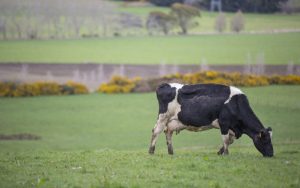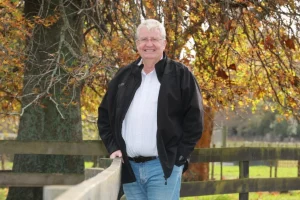
Westland signed a conditional agreement to sell the cooperative for $3.41 a share in a deal worth $588 million, including debt and liabilities. Shareholders will vote at a special meeting on July 4. The deal also requires High Court approval, consent under the Overseas Investment Act, and completion of other customary conditions.
If approved, Westland’s 429 shareholders will receive $3.41 a share for around 72 million shares, “representing a cash injection into the hands of farmers in the vicinity of $245 million,” says ANZ Bank agriculture economist Susan Kilsby.
“Even if a large share of these funds are used to repay debt, the multiplier effect of spending radiating through the local economy from the injection of funds from the sale of shares will positively impact the local economy to the tune of about $280 million,” she says.
Kilsby notes that dairy farming accounts for around 11.7 percent of the West Coast economy and dairy processing sector a further 2.1 percent. The dairy sector is the largest contributor to the economy.
According to Kilsby the Yili deal will provide a “timely cash injection” for farmers who have struggled to recover losses incurred during the downturn as Westland’s milk price lagged behind what other dairy companies paid in recent years.
In the past three season’s Westland’s milk price has trailed Fonterra’s by an average of approximately 75 cents per kilogram of milk solids, she said. If Westland had been able to match Fonterra during the past three seasons, dairy farmers would have received an extra $140 million over that time.
Kilsby said, however, the “real value” of the deal isn’t confined to the share payment but also the certainty that the terms of supply bring, particularly the guarantee that all existing suppliers will have their milk collected for the next 10 years, and will be paid a milk price comparable to – or better than – Fonterra’s.
She notes the deal doesn’t provide certainty of milk collections beyond 10 years but said it would be in Yili’s interest to collect as much milk as possible. Yili is a large purchaser of New Zealand dairy ingredients and the purchase of Westland provides certainty of supply for a portion of their requirements, she said
She downplayed concerns that Yili may want to invest directly in local dairy farms saying it would be unlikely to get Overseas Investment Office approval. “They don’t need to own farms in order to obtain milk supply; they simply need to provide favourable terms to their suppliers, as has been the case with Oceania,” she said.
Yili has been operating in New Zealand since 2013, when it acquired Oceania Dairy, the South Canterbury-based dairy company. Since that time, it has invested approximately $650 million in establishing milk powder, infant formula and UHT production lines for Oceania.
